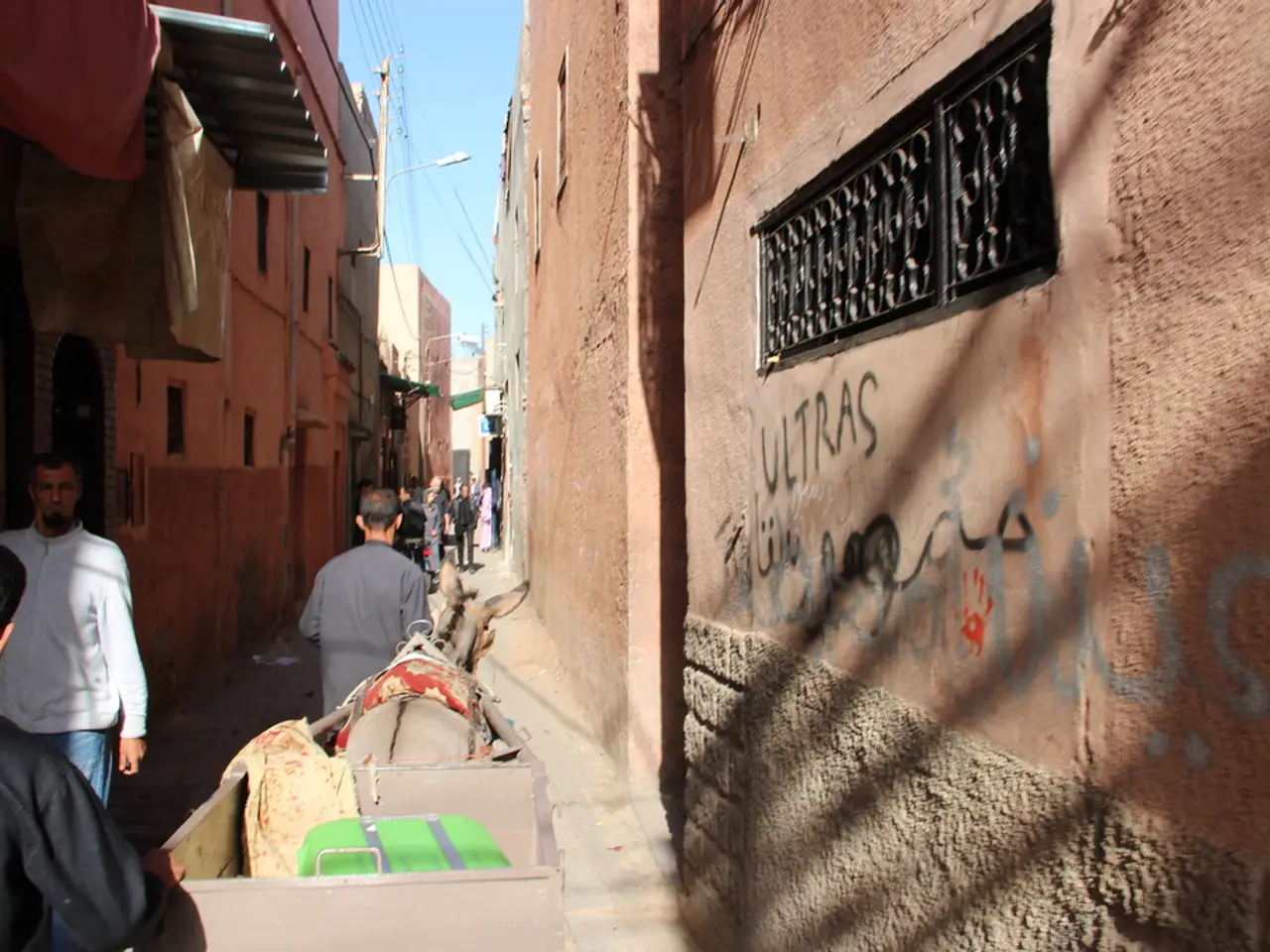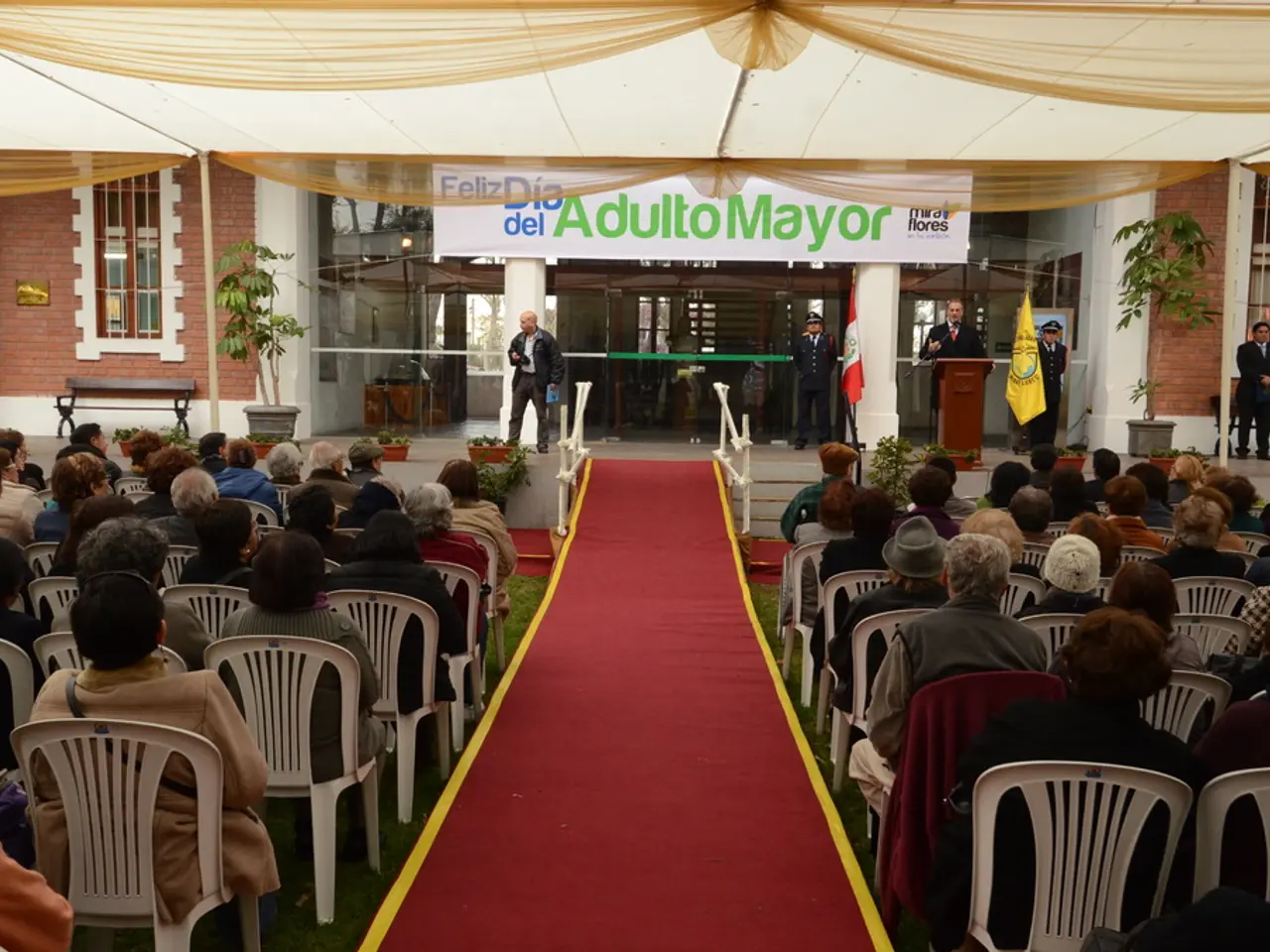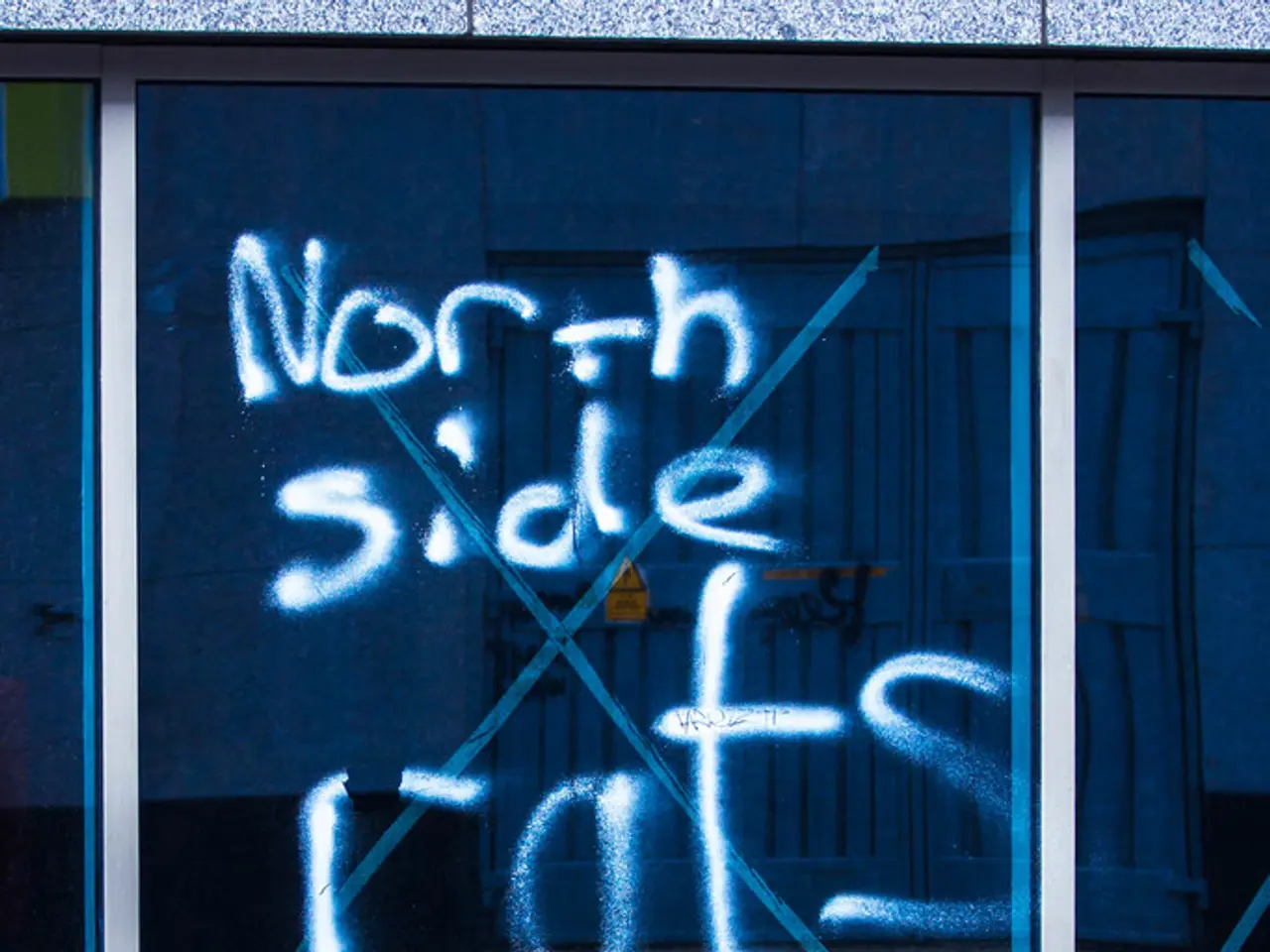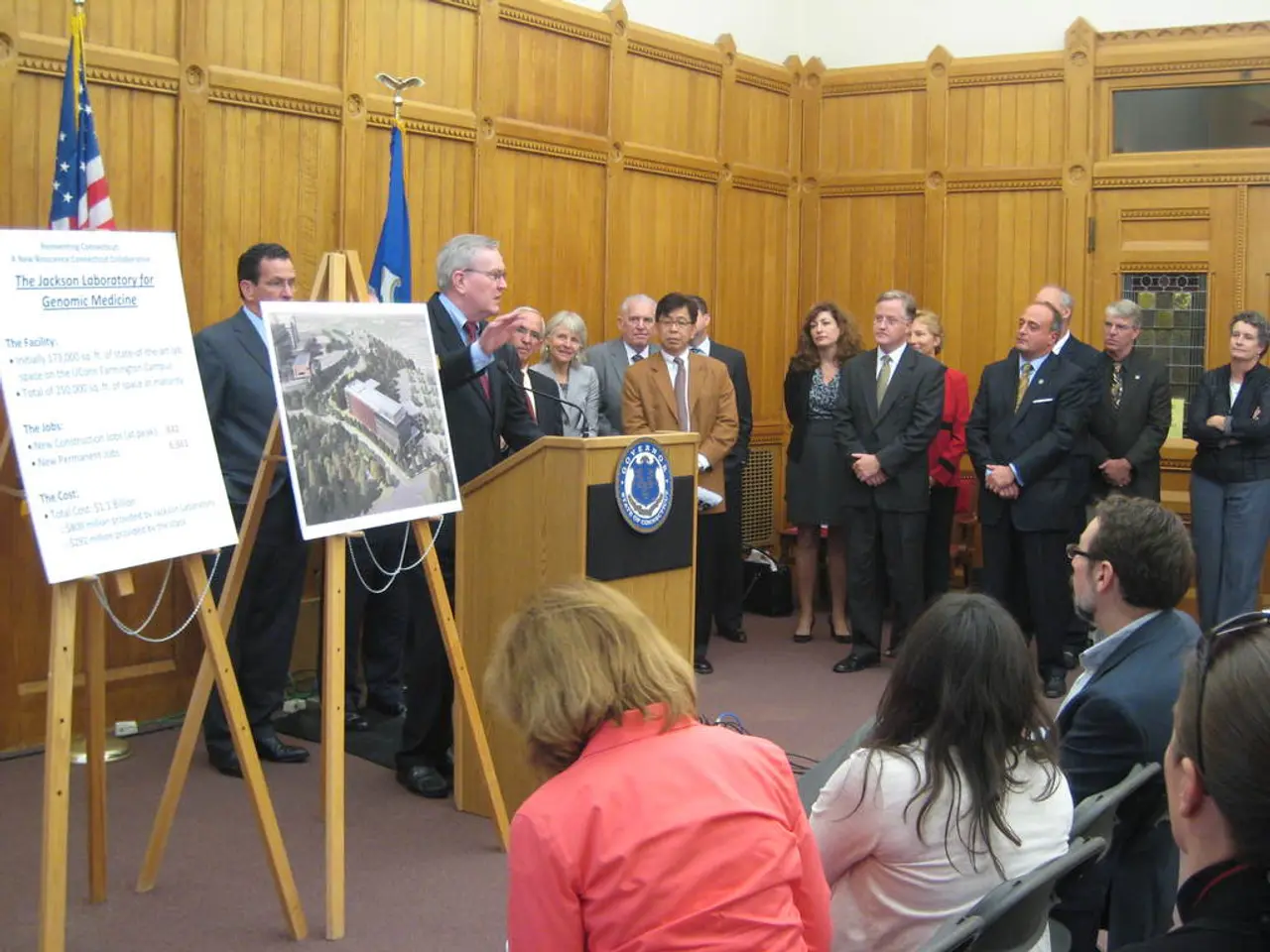Cambodia Reneges on Border Promises, According to Thai Foreign Ministry
In a recent statement, the Thai Ministry of Foreign Affairs expressed concerns over Cambodia's attempt to bring the Thai-Cambodian border dispute to the United Nations and the International Court of Justice (ICJ). The move comes despite the existence of a Memorandum of Understanding (MOU) and the Joint Boundary Commission (JBC) process, which were established to resolve such issues bilaterally.
Thailand has consistently adhered to the MOU, as compliance is in accordance with the principles of international laws and treaties, according to the ministry. The MOU clearly stipulates that both countries must discuss border issues through their JBC, a mechanism that Thailand has successfully used to resolve border issues with other neighbouring countries.
However, recent border tensions and armed clashes, such as the confrontation on May 28, 2025, in the Mom Bei area and the Chong Bok area, have led Cambodia to question the effectiveness of bilateral talks. Cambodia has accused Thailand of causing the JBC process to stall and of not being fully committed to peaceful negotiation efforts.
Thailand, on the other hand, denies these accusations and blames Cambodia for breaking its promise to resolve border issues through the JBC. The Thai Ministry of Foreign Affairs stated that Cambodia's refusal to discuss the four areas in the JBC is considered a violation of the agreement under the MOU of 2000.
The Thai government believes that bilateral negotiation methods are effective in resolving border issues and that relying on external mechanisms such as the ICJ is not necessary if there is true intention and sincerity in implementing them. Thailand urges Cambodia to respect the mutual obligation to negotiate peacefully before resorting to other mechanisms beyond the agreed-upon methods.
The Thai Ministry of Foreign Affairs made this statement on Sunday, aiming to prevent tensions from recurring in the future and to ensure sustainable resolution of the Thai-Cambodian border issue, with the goal of minimizing impacts on relations between the countries and the people living along the border areas.
Other neighbouring countries of Cambodia use the same bilateral negotiation method to resolve border issues with Cambodia. Thailand had waited and called for Cambodia's turn to host a JBC meeting for 12 years before the meeting happened on June 14 and 15.
Cambodia's letter to the UN General Assembly on June 16, 2025, framed the dispute under the theme of “prevention of armed conflict,” signaling that Cambodia views the situation as a threat requiring multilateral attention since bilateral talks failed to de-escalate tensions.
The Thai Ministry of Foreign Affairs called on Cambodia to use the JBC to resolve all border issues, including the four contested areas, to maintain peace and stability in the region.
[1] "Cambodia-Thailand Border Dispute Escalates: Cambodia Accuses Thailand of Stalling JBC Process." The Diplomat, 1 June 2025,
- Ongoing tensions between Thailand and Cambodia in the context of war-and-conflicts have led to political debates, as each country accuses the other of stalling the Joint Boundary Commission (JBC) process, a mechanism established to resolve border issues bilaterally.
- The recent events surrounding the Thai-Cambodian border dispute, including armed clashes andungerful rhetoric from both parties, underscore the importance of diplomatic efforts in politics and general news, with Thailand urging Cambodia to respect the Memorandum of Understanding (MOU) and engage in bilateral negotiations through the JBC to maintain regional peace and stability.






